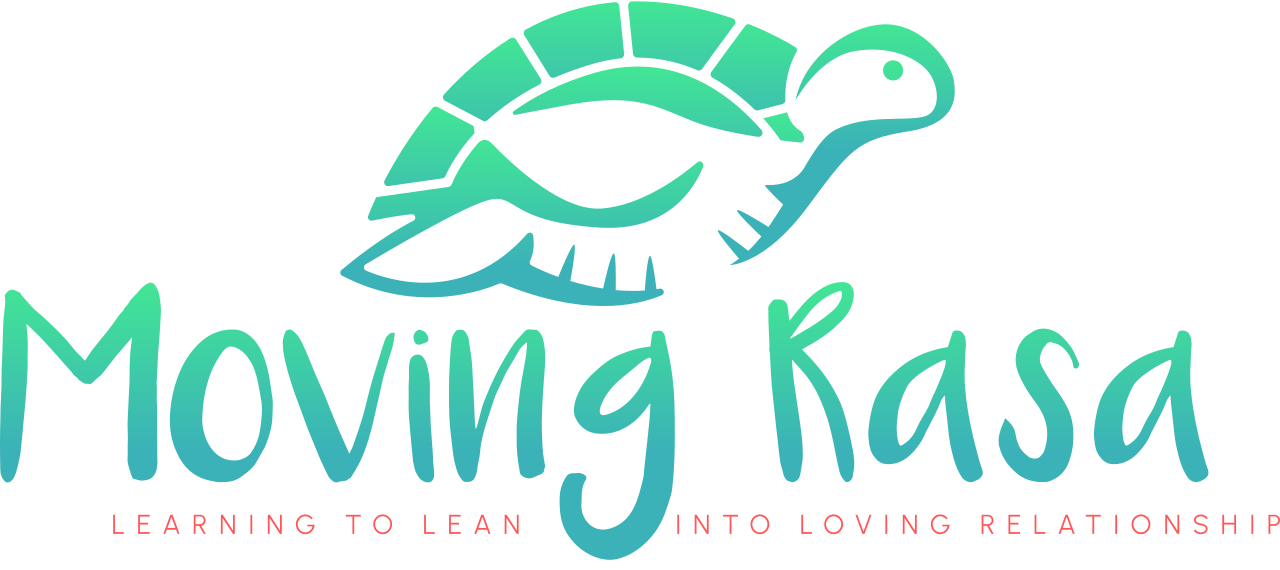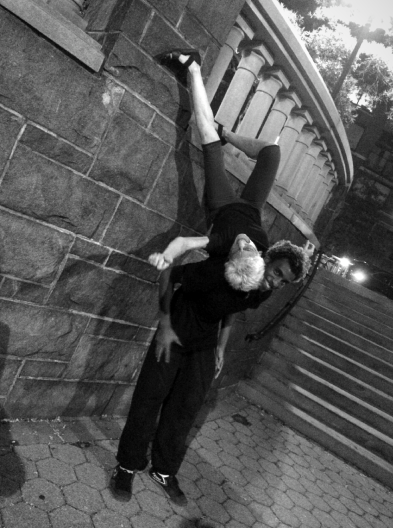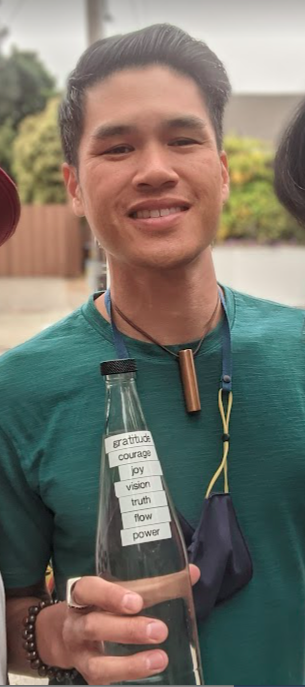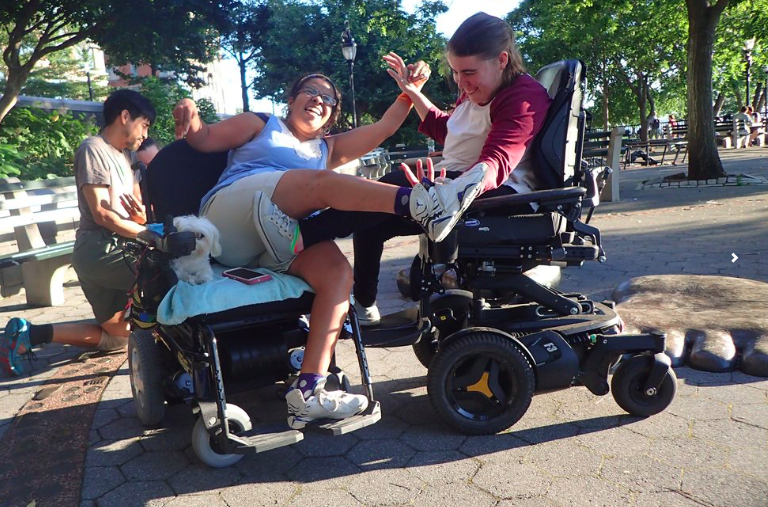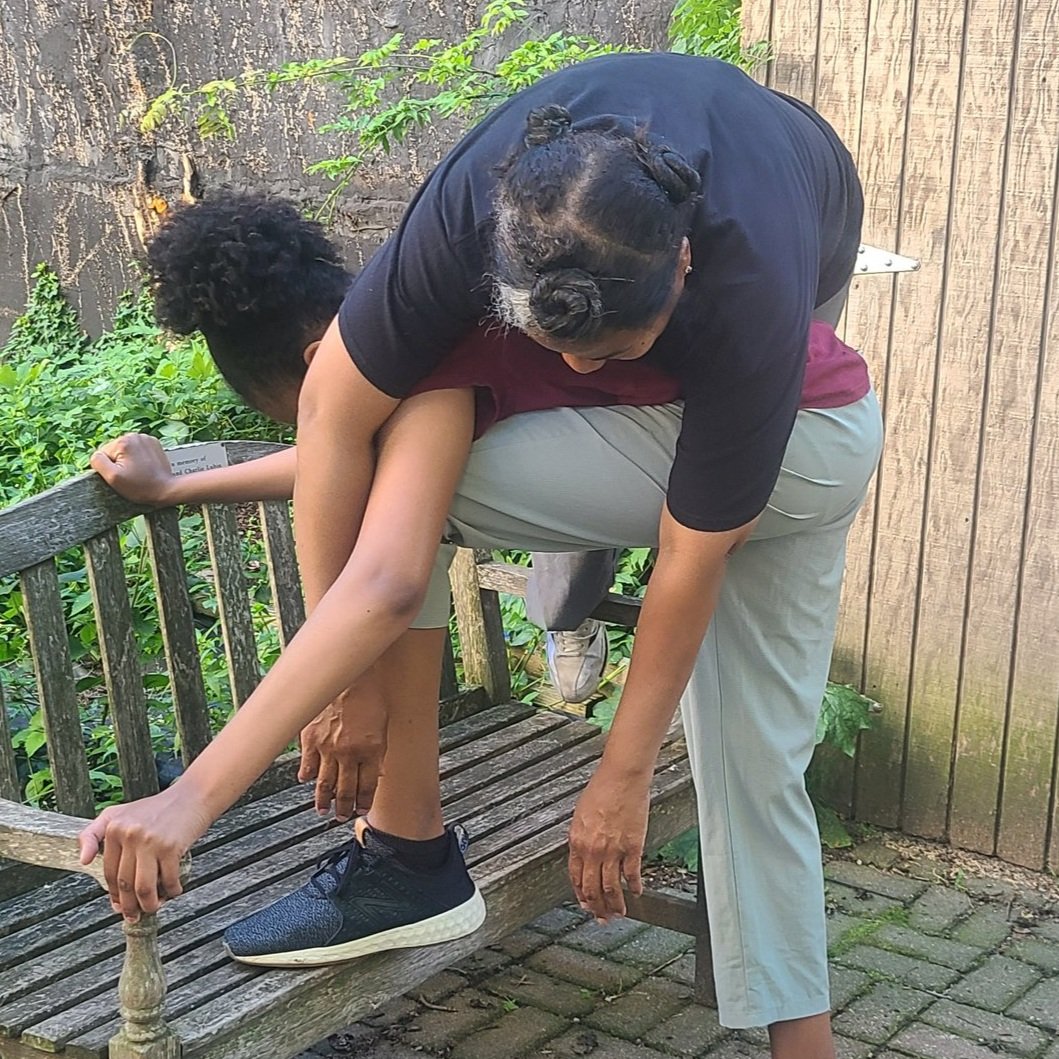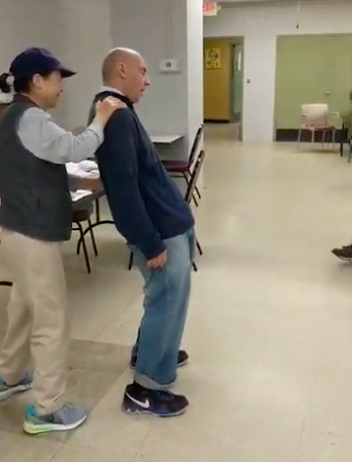HEALING
Sometimes healing is straight forward, something just needs to be put back into place or a need simply needs to be met. Most of the time however, healing takes places in stages over time nonlinearly. I am able to coach people toward improved quality of life and relationships through any of the following entry points.
-
“Looking for a Physical Therapist, look no further. Andrew pinpoints the source of my neck pain before my neurologist. I regained control of my life within weeks after suffering chronic neck and back pain. The icing on the cake for me was the weekly check-ins to adjust any stretches or concerns. I highly recommend him!” - Tanika Grullon
“I could feel you feeling your muscles which brought me into mine. It reminded me of how our bodies are perceiving things even if my mind is not aware of it.”
Anne Tangi
“Respect for shared time and space through contact and interaction that is very present, mindful and responsive. It also gives a feeling of play and fun, things that could easily be lost in adult lives, and socially in the context of a lived interaction- that could be or had been replaced by digital and technological advances through video games etc. Parcon brings us back to our bodies and our inherent need for play and adventure.”
-Ea Torrado
-
“About a year ago. My body understood before my brain. I remember , in the beginning I thought, what the hell am I doing here? I don’t know about ‘somatics,’ are you crazy1? feel what? where …but then the first time you asked us to do something. Andrew I just was somehow naturally able to do it…OSO I’m trusting. I am trusting in what my body is saying, even if my brains doesn’t understand why my body is responding that way.
“I am reminded of why collective practice matters so much and why I sometimes fear it. To speak aloud my experience of suddenly feeling the grief of the tree I was w moving with (a neighbor had recently cut down the massive oak in whose shade this other tree grew) and to have that share resonate with others made it more real in me. I short circuited the part of me that still indulges in thinking I only imagine such things. It’s not imagining, it is sensing. And in that sensing there’s something that rises to do with accountability and with not looking away from what I know and sense, what we know and sense.” -Judith Leeman
-
“…our time together has opened me up in different ways. Surprisingly the movement influences my capacity for writing and now I am moving my body in the morning. Moving it in an intentional way. I put into motion parts of myself to show up a little more differently.“ -Daniel Bilog
“It was difficult to move outside of traditional pedestrian movement after the police disruption. I was reminded of the trauma that the factors of my identity, and it is part of my identity, and what was helpful was channeling history, ancesteral healing, having multiple people in mind when working on what feels like an individual experience and it supports my experience as someone who identifies as Latinx and queer. You find power in connecting to other people and layers of history and identity and profound cooperation.”
-Gabe Gomez
Mentorship
For many of us, our training in movement practice is not contextualized and our training in social justice practice is not embodied. Over the lat 20 years I have sought to bring my two worlds together and can offer my life experience and movement investigations to support you!
-
“Power dynamics are shared and mutually agreed upon. No one is forced to connect but instead is invited to engage.” - Chandra Travis (life coach and counselor)
“As a movement form, Parcon has the capacity to publicly expose and dismantle the limitations that society has imposed on our identities one collective exploration at a time. It's ironic the very bodies which dehumanize us in the eyes of the powerful, also serve as containers of the strength, resilience, ingenuity and creativity we use daily to thrive in environments that are often unjustly restrictive and oppressive. “ -Colleen Roche (dancer with disabilities and activist)
We can discuss how you are integrating the work in your life and your career
-
“It was so deeply moving, to contextualize our movement and to bring in out in the world and in spaces where it is interacting with people walking by and not cut off in the studio. His frank discussions of race. There tends to be an intellectualizing around race, and Andrew brought it into our everyday space.”
-Zach Arfa
"We have been coming to this park for 4-5 years and have never had the adults move like this on the playground!” - Cappy Collins (MD running a community health program.)
-
“How can we be in our fullness and have all of this historical baggage present also and continue to move and design? It is a paradox to sit with.”
Rene Ng
I became interested in the study of movement over 20 years ago. I am a dancer, a doctor of physical therapy, and have trained in several somatic modalities. I study and integrate trauma-informed, collective and libratory practices into Moving Rasa to invite more of my wholeness into improvisational experience with others and the spirits in play and life.
When you work with me one on one or as a duet or in small group I draw on this experience to customize intervention that works for you body and consciousness while also challenging it to explore what could be. These interventions can have multiple entry points: physical, mental, social, or spiritual bodies that ultimately, in our process, converge through guided movement, hands on work, improvisational designs and critical inquiry.
Sessions entry points may be:
1) Working to rehabilitate from a physical injury
2) Desiring to move through mourning or celebration in an embodied way
3) Desire to address relational challenges due to power imbalances, internalized oppressions, and harm.
4) Desire to shift out of habits and familiar patterns to explore new aspects of self or relationships.
5) Desire to connect to life coaching needs to be a better or balanced version of oneself.
6) Desire to understand oneself or to get to know oneself.
7) Desire to stretch one’s fixed beliefs and political views.
8) Desire to explore a version of somatics that is based on Austeronesian ancestry
9) Desire to make meaning out of movement and to connect this to any idea.
10) Desire to practice healthier agency around consent.
